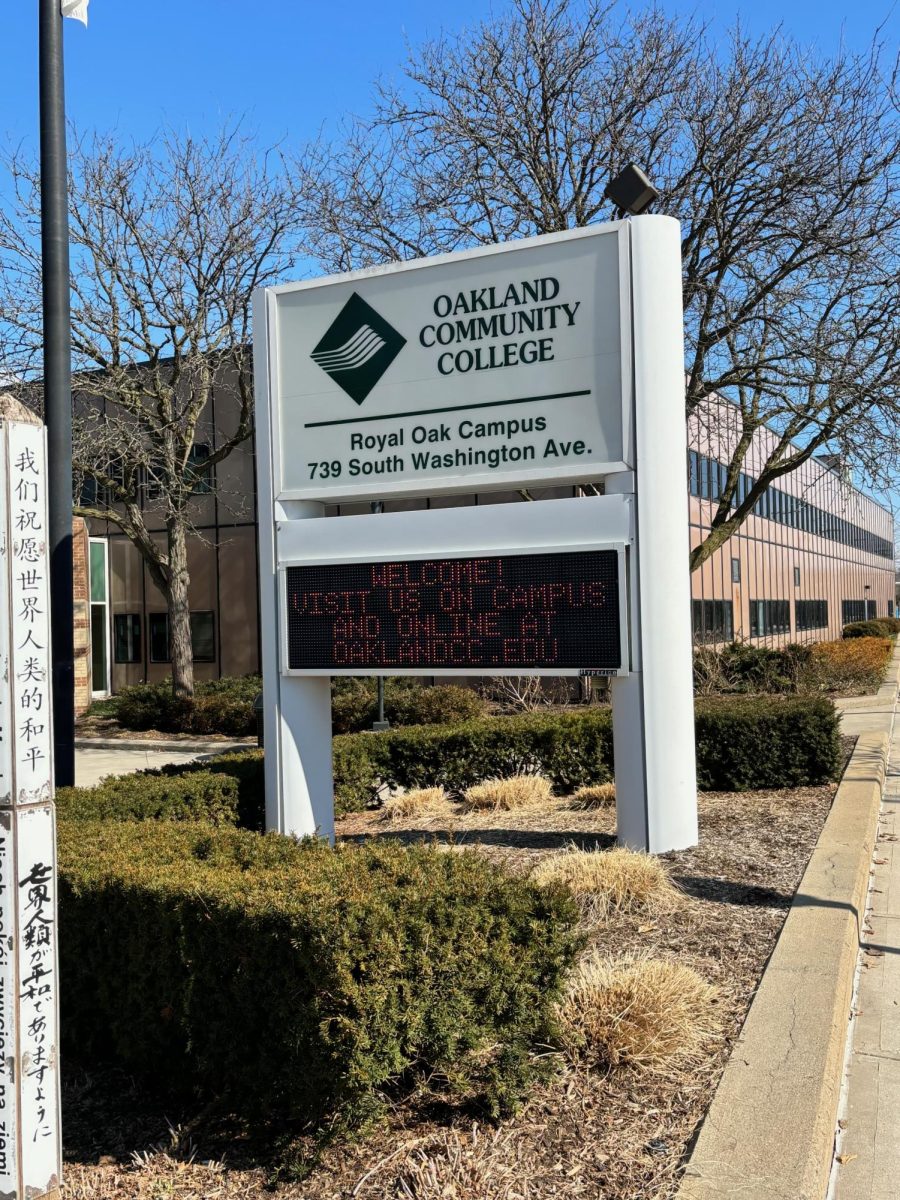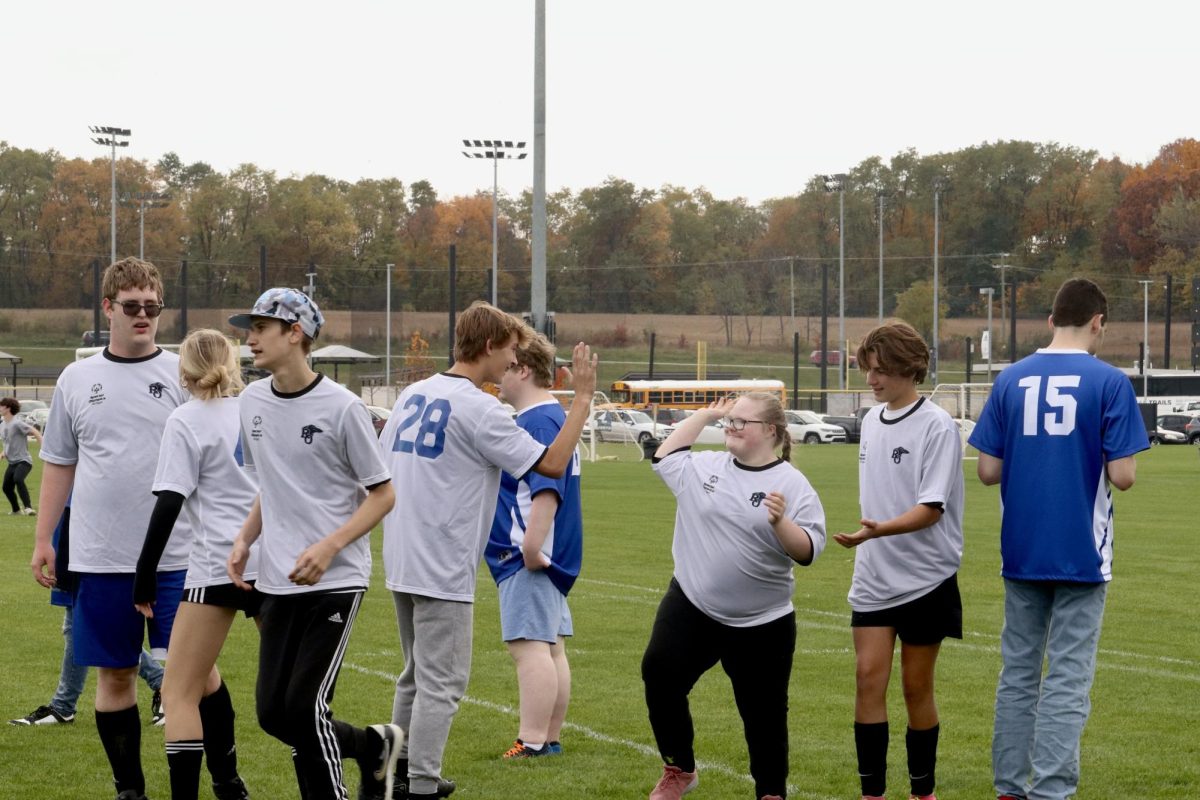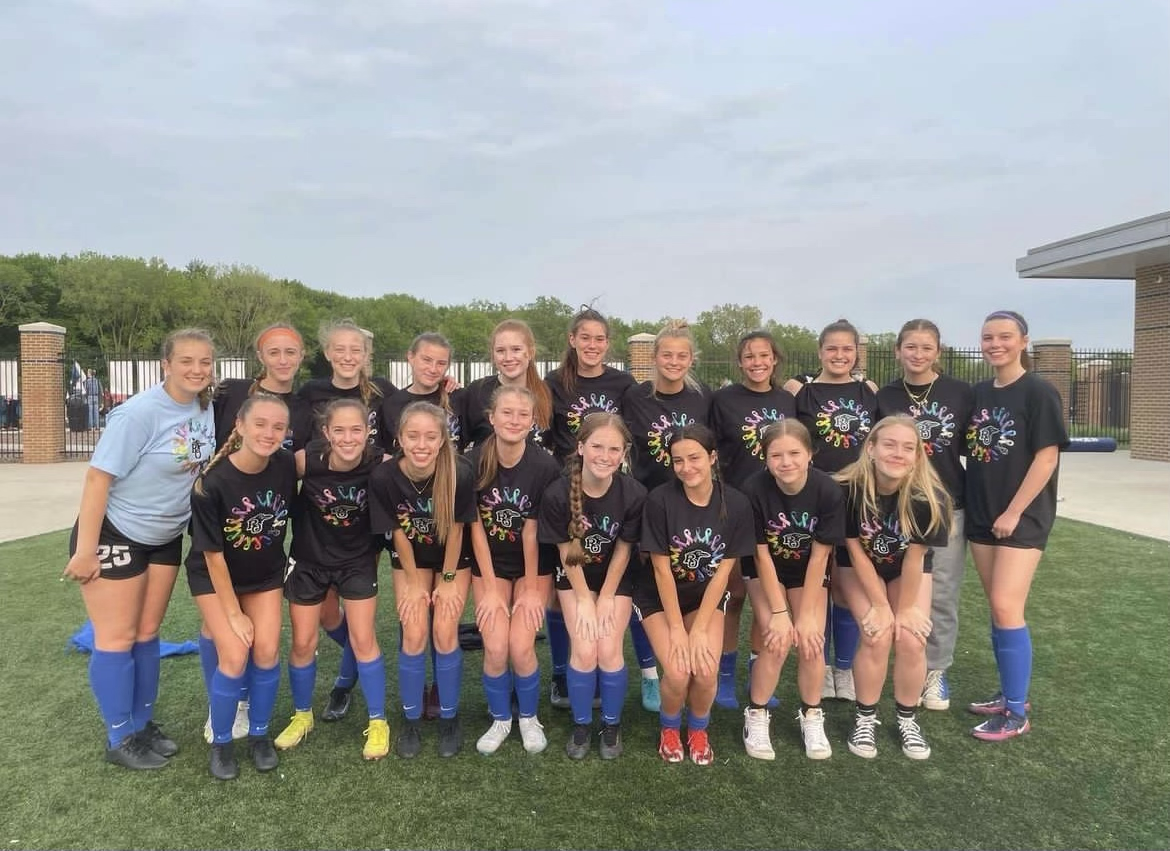 Most children start health classes in mid-elementary school, starting with the separation of boys and girls. Students begin with learning about sexuality education and anatomy. Students feel that as the years go on, little is added on to the curriculum, mostly re-teaching the same topics in similar ways. We feel like every grade covered the same topics in the same way. There wasn’t much variation throughout each year. The topics taught get more in-depth as students get older and more mature. However, some feel as if certain topics lack information or are taught ineffectively.
Most children start health classes in mid-elementary school, starting with the separation of boys and girls. Students begin with learning about sexuality education and anatomy. Students feel that as the years go on, little is added on to the curriculum, mostly re-teaching the same topics in similar ways. We feel like every grade covered the same topics in the same way. There wasn’t much variation throughout each year. The topics taught get more in-depth as students get older and more mature. However, some feel as if certain topics lack information or are taught ineffectively.
Several people have expressed that they feel that rather than promoting positive behaviors, scare tactics are used during multiple units. These tactics are used in a way to prevent future actions rather than teach a better alternative. The way units are taught tends to be underwhelming or triggering, in our experience, there is no in-between. When learning about sex education, abstinence is at the forefront of the curriculum. Many students feel they learn that if they do not practice abstinence something bad will happen to them. Students realize that this is not realistic and does not prevent future behaviors or change behaviors in the present. As well as abstinence being a main topic, the LGBTQ+ community is not taken into consideration in the curriculum. It feels like there was no queer representation at all. When learning about real-life topics in a health class it should be catered to everyone from all different backgrounds, not just the majority.
Another big part of high school health class is nutrition and physical activity. It is a continuous pattern shown that through the years, the lessons taught have been focusing more on the looks of students’ bodies and not their physical and emotional health. Students feel as if the topics of eating disorders are not taught sensitively and tend to be jarring. They did a good job educating the different types and the health risks and effects, but overall the way it was covered did not feel appropriate. In individuals’ teenage years, the topic of eating disorders is vital to learn about but also important to be aware of the triggering subject. In general, students understand that having a well-rounded approach around nutrition is necessary but would like to focus on certain topics, without over-focusing looks.
Students agree that while the health curriculum might contain some positives, but overall they found the class to be lacking in certain information and sensitivity. High school health classes are especially important because the information covered in health class can affect decision-making as student’s transition into adulthood. This is a very true statement that students are thinking about all of the time. Classes should be preparing you for future situations not only trying to prevent them, especially since it is often unrealistic.





























